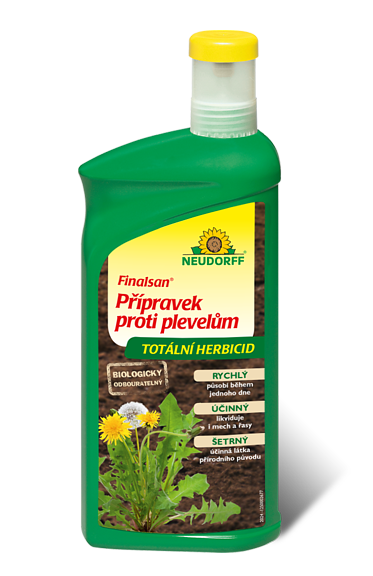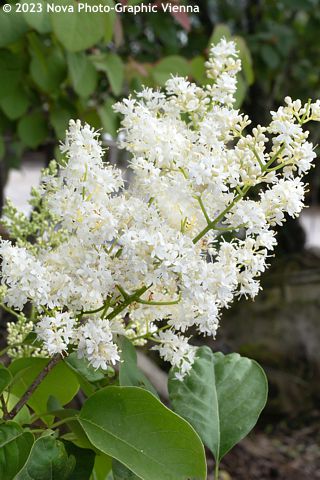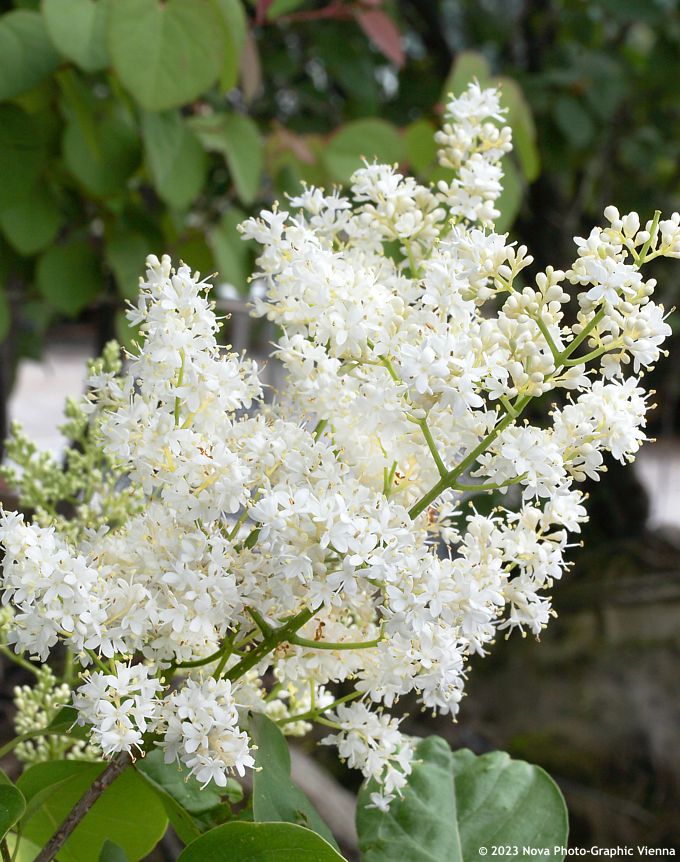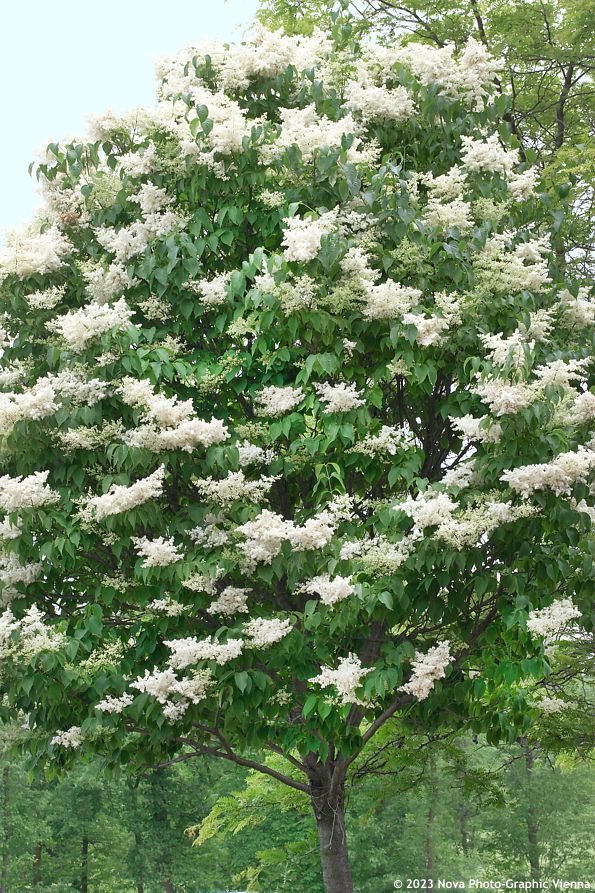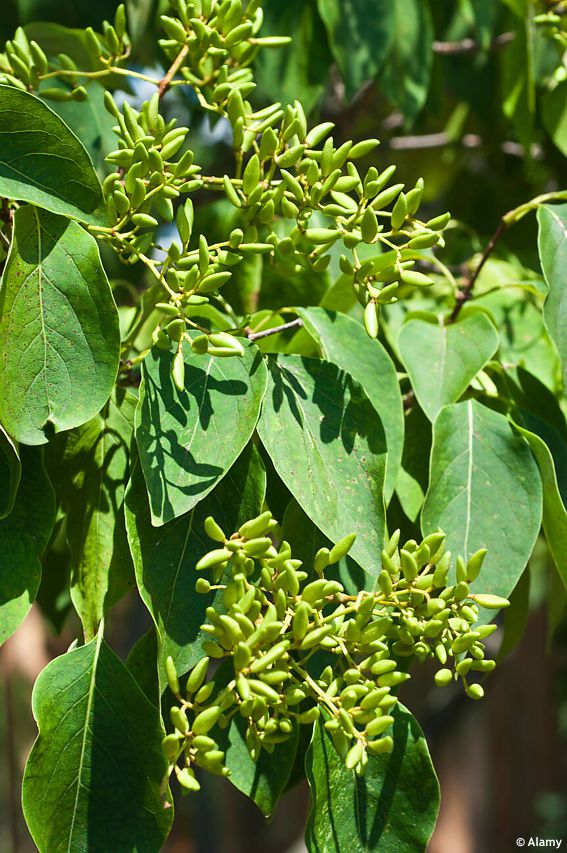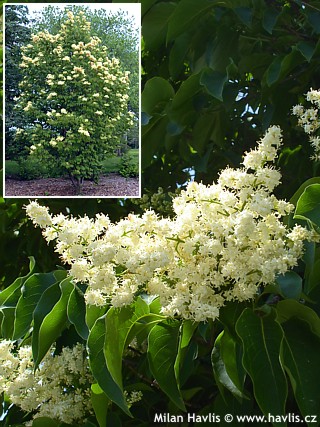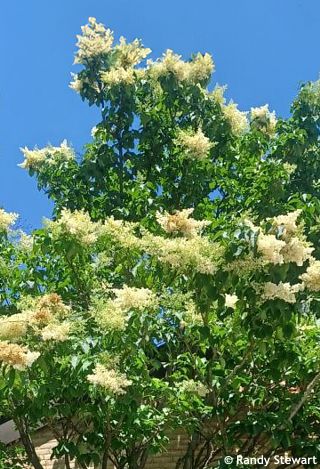Syringa reticulata 'CITY OF TORONTO' Japanese tree lilac
Syringa
Japanese lilac is native to Japan, the Kuril Islands and Korea. The species is a large shrub to a medium-tall tree, which, thanks to its height of 10-15 meters, is more suited for parks and arboretums. Though, there are varieties of much smaller statue that can fit almost any garden.
City of Toronto is a Japanese lilac variety with large leaves and strongly scented flowers. It is a deciduous shrub or small tree with a compact, narrowly oval canopy and broadly ovate to oval, dark green leaves 10-15 cm long. The flowers are arranged in horizontal to partially erect panicles and appear in June. They are creamy white, sweetly scented, resemble false spirea flowers and the panicles can measure 20-30 cm in length. The flowers are followed by interesting light green seed pods which add some ornamental value in winter when the tree is bare, or you can deadhead those right after flowering for a clean-cut appearance.
The bark of young trees and shrubs is brown and remarkably smooth or glossy. Japanese lilac grows rather fast (30-40 cm per year) and can be trimmed in July after flowering as it blooms on previous year's wood. It dislikes hard pruning into old wood. City of Toronto lilac is a perfect small specimen tree in front yards, or a great screening shrub combined with differently coloured or shaped leaves.
Lilacs can be grown in many soil types including clay. For best result use reasonably fertile, moist but well-drained soil. It is tolerant of urban pollution, road salt, and is pest and disease free. Full sun is crucial for profuse flowering. It is very hardy to about -40 °C (USDA zone 3).
Last update 17-04-2023






























